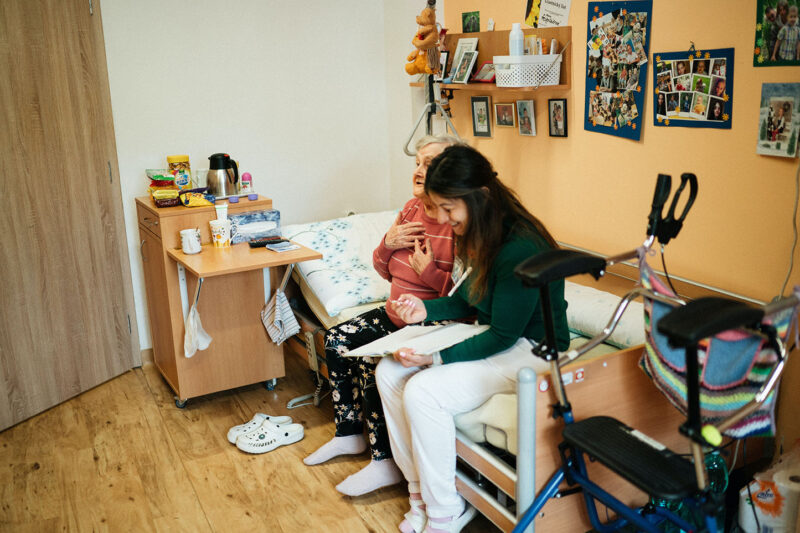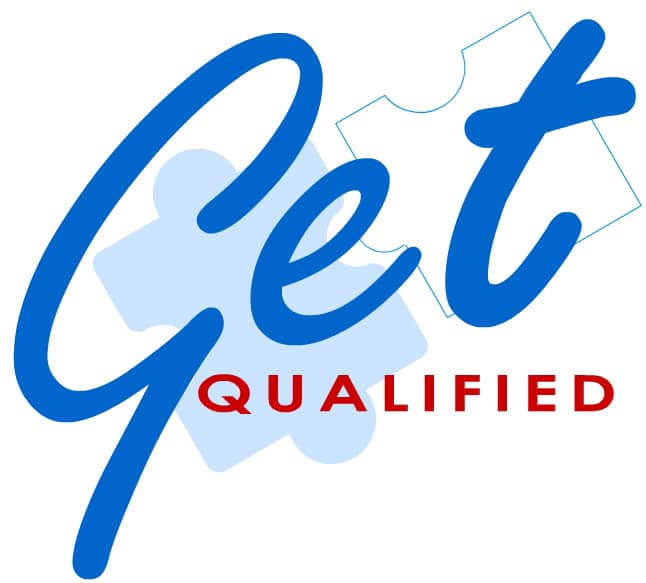This course offers a deepening exploration of Franciscan spirituality through key themes and figures that shaped the Franciscan movement. Building on the foundations of St Francis’ life and teachings, participants will engage with the spiritual journeys of St Clare and the 2nd Order, the emergence of the 3rd Order, and the lived experience of Franciscan values in contemporary life. Special focus will be given to Francis’ relationship with the Eucharist, the Holy Spirit, and the Blessed Virgin Mary, while also reflecting on how the Franciscan vision continues to inspire efforts toward justice, peace, and care for the vulnerable. The course will highlight the relevance of the Franciscan charism as a model for renewal in the Church today.
This course is designed for Franciscan Collaborators and individuals interested to explore and deepen their knowledge in Franciscan Spirituality.
Target Audience Age: 18+
October 2025
| Date and Time | Session | Venue |
| 11th October 9:30am – 12:30pm | Clare and the Monastic Life (the 2nd Order) | St. Clare’s Monastery San Gwann |
| 14th October 6:00pm – 8:00pm | The 3rd Order and the Secular Franciscan Order | ĊAK, Birkirkara |
| 21th October 6:00pm – 8:00pm | The Rules of St. Clare and the 3rd Order | ĊAK, Birkirkara |
| 28th October 6:00pm – 8:00pm | The Inspiration of Saint Francis; a model for the Church | ĊAK, Birkirkara |
November 2025
| 4th November 6:00pm – 8:00pm | The Franciscan ideal for more just social systems | ĊAK, Birkirkara |
| 8th November 9:30am – 12:30pm | Seminar | Convent of the Capuchins, Kalkara |
| 11th November 6:00pm – 8:00pm | Social Communication and the Franciscan Spirituality | ĊAK, Birkirkara |
| 18th November 6:00pm – 8:00pm | St Francis and the Eucharist | ĊAK, Birkirkara |
| 25th November 6:00pm – 8:00pm | The role of the Holy Spirit in the life of Saint Francis | ĊAK, Birkirkara |
December 2025
| 2nd December 6:00pm – 8:00pm | Saint Francis and the Blessed Virgin Mary | ĊAK, Birkirkara |
| 9th December 6:00pm – 8:00pm | Important figures inspired by Saint Francis | ĊAK, Birkirkara |
January 2026
| 17th January 9am – 12:30pm | Closing Seminar | Burmarrad Parish House |
This course has three exit certificate options:
1. Certificate of Attendance
The student will receive a Certificate of Attendance when attending a minimum of 80% of all contact hours for this course.
2. Certificate of Participation
The student will receive a Certificate of Participation when attending a minimum of 80% of all contact hours for this course and pass from short multiple-choice exam.
3. Certificate of Achievement
To obtain a Certificate of Achievement, students must attend a minimum of 80% of all contact hour and pass from a short multiple-choice exam and a presentation.
Language: Applicants must be proficient in both Maltese and English.
Digital: Applicants must be digitally literate particularly, in use of office suites and internet access.






